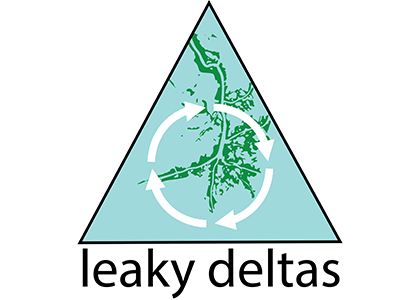OCB Scoping Workshop Leaky Deltas: Sources or sinks in the global carbon cycle?
March 17-20, 2025 at Louisiana State Univ. (Baton Rouge, LA)
River deltas and the adjacent coastal ocean are critical interfaces between terrestrial and oceanic environments. Deltas are the entry point of ~50% of the fresh water and 40% of all global particulate matter entering the ocean. They are major centers for particulate and dissolved organic carbon transfer between (i.e., to and from) land to ocean.
Recent evidence suggests that coastal oceans have become net sinks for atmospheric CO2 during post-industrial times and continued human pressures in coastal zones. Alterations to deltas will likely have an important impact on the future evolution of the coastal ocean’s carbon budget.
NOTE This workshop has multiple deadline options: early (if you need a visa to attend), mid (if you want to apply for travel support), and a final deadline for all applications.
Apply to attend Leaky Deltas workshop
Learn more on the workshop webpage.




